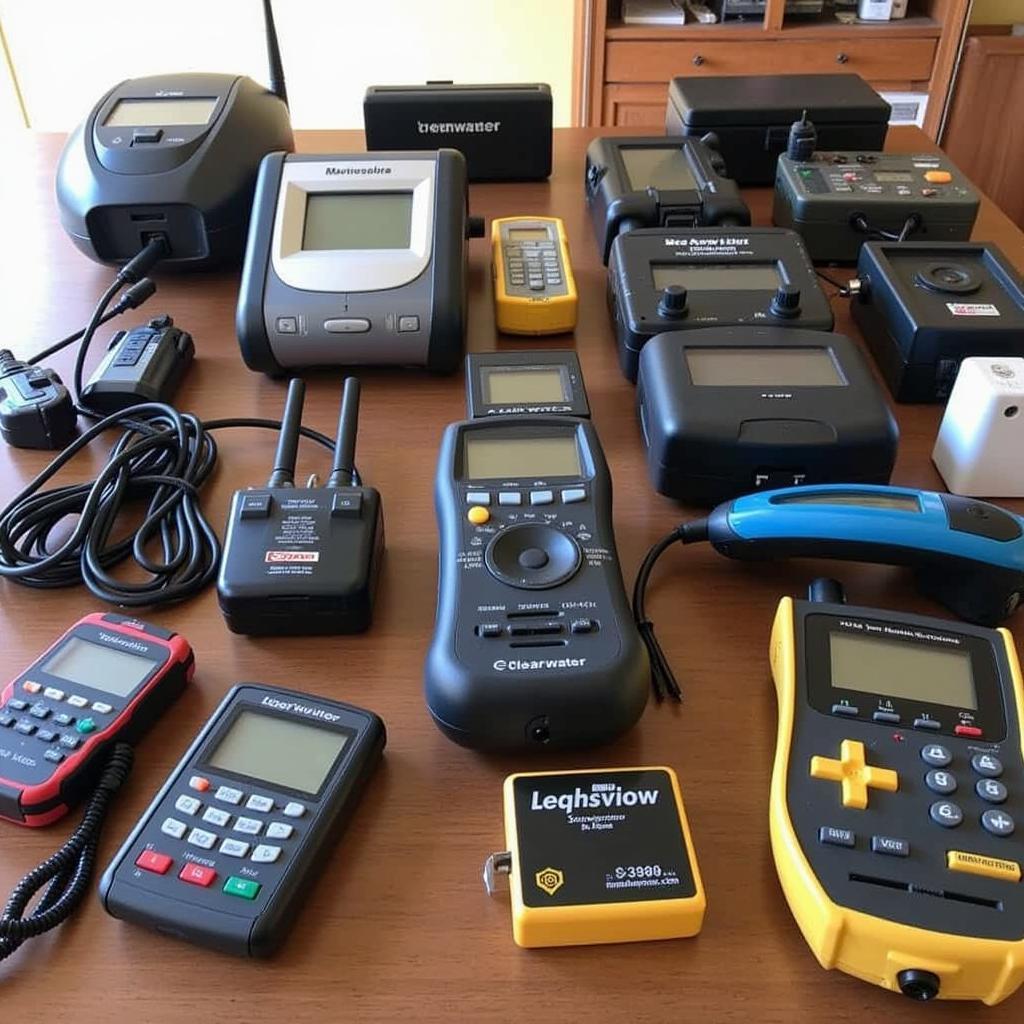Clearwater Research delves into the captivating realm of the unexplained, where logic and reason often intersect with the enigmatic and the unknown. From the ethereal whispers of spectral entities to the baffling occurrences that defy scientific explanation, Clearwater research seeks to shed light on the mysteries that have captivated humankind for centuries.
Delving into the Heart of Clearwater Research
Clearwater research encompasses a wide array of paranormal phenomena, including but not limited to:
- Ghost hunting and spirit communication: Investigating and documenting purported hauntings and attempting to establish contact with the ethereal realm.
- Cryptozoology: Exploring the existence of creatures not yet recognized by mainstream science, such as Bigfoot or the Loch Ness Monster.
- Ufology: Studying unidentified flying objects (UFOs) and the possibility of extraterrestrial life.
- Paranormal investigation: Examining unusual events, such as poltergeist activity, ESP (extrasensory perception), and psychic phenomena.
The Methodology of Clearwater Research
Clearwater research, while often shrouded in mystery, relies on a blend of scientific methodology and intuitive exploration. Researchers employ a variety of tools and techniques to gather evidence and analyze data, including:
- Electromagnetic field (EMF) meters: Detecting fluctuations in electromagnetic fields, which are believed to be associated with paranormal activity.
- Infrared (IR) cameras: Capturing thermal images, which may reveal the presence of entities or phenomena not visible to the naked eye.
- Audio recorders: Recording electronic voice phenomena (EVPs), which are believed to be the voices of spirits or other entities.
- Dowsing rods and pendulums: Utilizing these tools to detect energy fields and locate areas of paranormal activity.
 Paranormal investigation equipment
Paranormal investigation equipment
The Importance of Ethical Considerations
Ethical considerations are paramount in Clearwater research. Researchers must approach investigations with respect, sensitivity, and an unwavering commitment to objectivity. Key ethical principles include:
- Informed consent: Obtaining permission from property owners and individuals involved in investigations.
- Confidentiality: Protecting the privacy of witnesses and individuals who share their experiences.
- Non-interference: Avoiding actions that could provoke or manipulate paranormal activity.
- Objective analysis: Evaluating evidence impartially and without bias.
Debunking Myths and Misconceptions
Clearwater research often faces skepticism and criticism, fueled by sensationalized portrayals in popular media. It is essential to distinguish between genuine research and pseudoscience. Clearwater researchers strive to:
- Employ critical thinking: Questioning assumptions, evaluating evidence rigorously, and avoiding confirmation bias.
- Collaborate with experts: Consulting with professionals from relevant fields, such as psychology, physics, and history.
- Educate the public: Sharing findings responsibly and promoting a balanced understanding of paranormal phenomena.
Clearwater Research: A Journey of Discovery
Clearwater research is not for the faint of heart. It requires a thirst for knowledge, a willingness to embrace the unknown, and an unwavering dedication to uncovering the truth. While the answers may not always be readily apparent, the pursuit of understanding the paranormal can be an enriching and enlightening journey.
Frequently Asked Questions about Clearwater Research
1. What is the best way to get started in Clearwater research?
Start by joining a local paranormal investigation group or attending workshops and conferences. Reading books and articles by reputable researchers can also provide a solid foundation.
2. Is Clearwater research dangerous?
While most investigations are conducted safely, it’s important to be aware of potential risks. Always investigate with a team and follow safety protocols.
3. How can I tell if my house is haunted?
Signs of a haunting can include unexplained noises, cold spots, objects moving on their own, and feelings of being watched.
4. What should I do if I encounter a ghost?
Remain calm and avoid provoking the entity. If you feel threatened, leave the area immediately.
5. Can anyone become a Clearwater researcher?
Yes, Clearwater research is open to anyone with a genuine interest and a willingness to learn.
Explore the Unexplained with Us
Are you intrigued by the mysteries of the paranormal? Do you have questions about unexplained phenomena? Contact us today! Our team of dedicated Clearwater researchers is here to help you navigate the unknown.
Phone: 0904826292
Email: research@gmail.com
Address: No. 31, Alley 142/7, P. Phú Viên, Bồ Đề, Long Biên, Hà Nội, Việt Nam
Our 24/7 customer support team is standing by to assist you. Let us embark on a journey of discovery together!